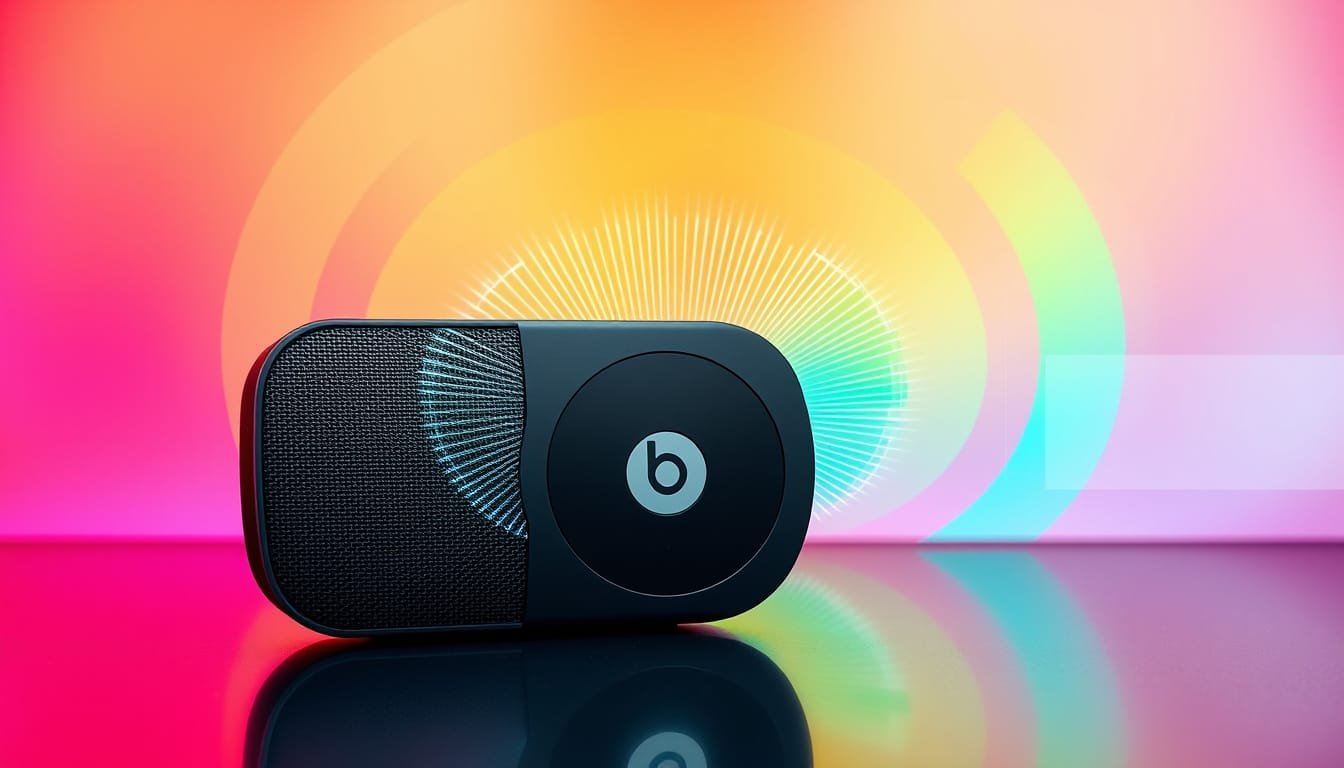Considering the shift towards open-source technology, you might wonder if running OpenAI’s gpt-oss, an open-weight local model, is worth the hype.
This post delves into the pros and cons of using gpt-oss, especially for those valuing privacy.
With two variants, gpt-oss-20b and gpt-oss-120b, users can opt for a setup that suits their capabilities, starting at 16GB of RAM.
Jake Peterson’s experience reveals that while gpt-oss promises increased privacy—processing data locally without sending information to OpenAI—the performance leaves much to be desired.
Simple tasks, like basic arithmetic, can lag way behind, taking up to 90 seconds on lesser machines.
In contrast, ChatGPT with its swift GPT-5 model zips through questions effortlessly.
So, is sacrificing speed worth the privacy gain?
Let’s unpack this!
Here, we’ll look at the features, performance analytics, and when you might actually want to give gpt-oss a go.
Ready to dive in?
Try Hostinger Webhosting get a website as low as $3.99!

Key Takeaways
- gpt-oss offers enhanced privacy by running locally without internet connectivity.
- Performance testing reveals that gpt-oss is significantly slower than ChatGPT, especially on average hardware.
- While gpt-oss prioritizes privacy, its current performance may not meet the needs of regular users.
Understanding gpt-oss: Features and Capabilities
If you’re intrigued by gpt-oss, you’re not alone.
Jake Peterson’s article on Lifehacker showcases the merits and challenges of OpenAI’s latest open-weight model.
Designed for local functionality, gpt-oss enhances privacy by avoiding internet connectivity, meaning no data leaks to OpenAI—this feature alone is a significant draw for users concerned about personal data security.
Available in two sizes, gpt-oss-20b and gpt-oss-120b, it caters to varying hardware capabilities: the former operates on systems with a straightforward 16GB RAM.
However, before you rush to install this model using Ollama, consider what Jake discovered.
Despite its promise, gpt-oss lagged when answering basic questions, with simple arithmetic tasks taking almost a minute and complex inquiries stretching into several minutes.
In contrast, ChatGPT, powered by GPT-5, completes those queries in a snap.
So, while privacy is a compelling reason to opt for gpt-oss, if you’re using typical consumer hardware, you might find it frustratingly slow—like trying to run modern software on an old PC.
For those holding out for better speeds, investing in more powerful hardware could make a significant difference.
Performance Analysis: Comparing gpt-oss with ChatGPT
When it comes to performance, comparing gpt-oss with ChatGPT is like racing a tortoise against a hare.
Jake Peterson’s hands-on experience reveals just how significant the speed differences can be.
On his less powerful iMac, elementary questions took agonizingly long – 90 seconds just to compute ‘2+2!’ Meanwhile, his MacBook Pro managed a more respectable 12 seconds, but that’s still lagging behind the lightning-fast responses of ChatGPT running on the latest GPT-5.
For instance, complex queries that gpt-oss struggled with, taking several minutes, are answered almost instantly by ChatGPT.
So, what’s the takeaway?
If privacy is your top priority and you have a beefy machine, gpt-oss might serve you well, but for day-to-day efficiency, ChatGPT steals the show.
Don’t let performance frustration hold you back; if you want speed along with privacy, consider upgrading your hardware—or simply stick with ChatGPT for now.





















